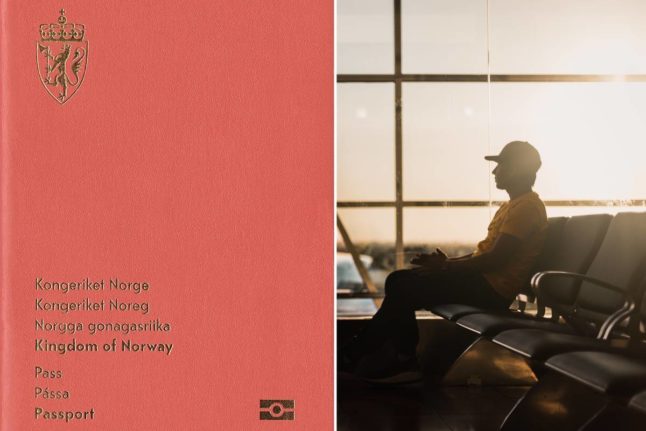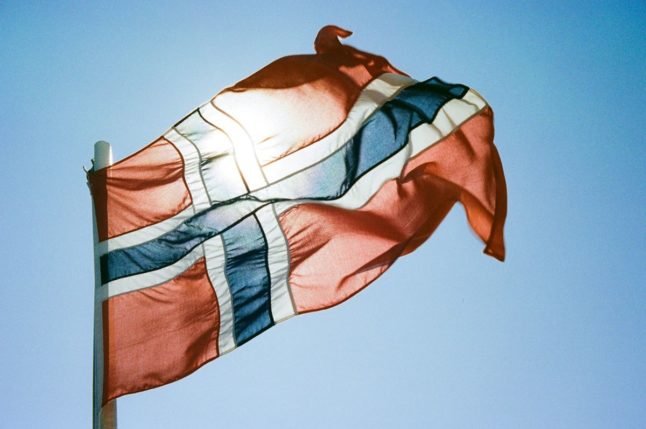To start off, it’s important to differentiate between citizenship and a passport. Norwegian citizenship is a legal status that grants you the rights and privileges of being a Norwegian national.
On the other hand, a passport is a travel document that proves your identity and citizenship.
READ MORE: Eight key advantages of Norwegian citizenship
Under Norwegian law, you will not automatically get a Norwegian passport when you become a citizen (you need to apply), and there is no explicit requirement that a new citizen must immediately apply for a Norwegian passport after gaining citizenship.
However, it’s a practical step for everyone who plans to live in Norway, travel abroad, or needs a reliable form of identification – to mention just some of the upsides.
The practical upsides of getting a Norwegian passport
There are multiple practical reasons why you should consider getting a Norwegian passport after becoming a citizen.
Firstly, a Norwegian passport allows for visa-free or visa-on-arrival access to numerous countries, making international travel more straightforward and less time-consuming.
Furthermore, in many situations, both within Norway and abroad, you can use your passport as a universally recognised form of identification. This comes in handy as a passport is internationally recognised and accepted in scenarios such as opening a bank account or registering for various services.
It’s also a good idea to have a passport in case you require immediate consular support, as Norwegian citizens travelling abroad with a Norwegian passport can access consular assistance from Norwegian embassies and consulates in case of emergencies.
For those looking to work or study abroad, a Norwegian passport can make the experience less challenging. It often simplifies the process of applying for work permits and student visas and can sometimes even grant access to opportunities reserved for European Union (EU) citizens.
How to apply for a Norwegian passport?
Once you become a citizen, you can apply for a Norwegian passport at any passport office or police station in Norway (if you live abroad, you can apply at the nearest Norwegian embassy or consulate).
Note that, before you can apply for a passport, you must have a Norwegian national identity number, issued by the Norwegian Tax Administration.
The process of applying for a passport usually involves filling out an application form, providing the required data, and paying a fee.
READ MORE: Are there any ways to fast-track Norwegian citizenship?
As of the time of writing, the fee for issuing a new passport was 570 kroner for those over 16 years of age and 340 kroner for those under 16. You can find more details about the applicable requirements and fees on the website of the Norwegian police.
You will also need to present documentation proving your Norwegian citizenship, typically the citizenship certificate, along with other identification documents.
The processing time for a new passport varies based on several factors, such as surges in demand (as was the case when Norway introduced dual citizenship), but once your passport is issued, it is typically valid for ten years for adults and five years for children.
READ MORE: How dual nationality rules have affected the number of new Norwegian citizens
So, should you get a Norwegian passport after becoming a citizen?
While not legally obligatory, there are several compelling reasons why new Norwegian citizens should consider applying for one.
For some people, obtaining a Norwegian passport might be especially attractive when weighed against their existing passport’s perceived advantages or limitations.
Norway’s passport ranks among the most powerful in the world, granting visa-free or visa-on-arrival access to many countries. This level of access can be in stark contrast to the travel restrictions that might be imposed on holders of less powerful passports.
For those who were nationals of non-EEA countries before gaining Norwegian citizenship, it also acts of proof of your new rights. A Norwegian passport will allow you travel unrestricted across the Schengen area. When using a non-EEA national and using a passport from that country, you may still have to follow the 90 out of 180 days rule.
The Norwegian passport would likely be the identification required to prove you are an EEA national when moving to another country also, allowing for an easier immigration process.
EXPLAINED: How to get a Norwegian passport after obtaining citizenship
For some new citizens, a Norwegian passport can be more than just a travel document; it can symbolise their new identity, representing their official membership in the Norwegian community.
Therefore, a passport can also be a source of pride and a significant milestone in the journey of integrating into Norwegian society.
Just keep in mind that, depending on the laws of your country of origin, acquiring a Norwegian passport might require renouncing your original citizenship.
Norway allows dual citizenship as of 2020, but not all countries have the same policy. This could mean you will lose certain rights or privileges in your country of origin, so make sure to find out which consequences you’ll face if you opt for a Norwegian passport.



 Please whitelist us to continue reading.
Please whitelist us to continue reading.
Member comments